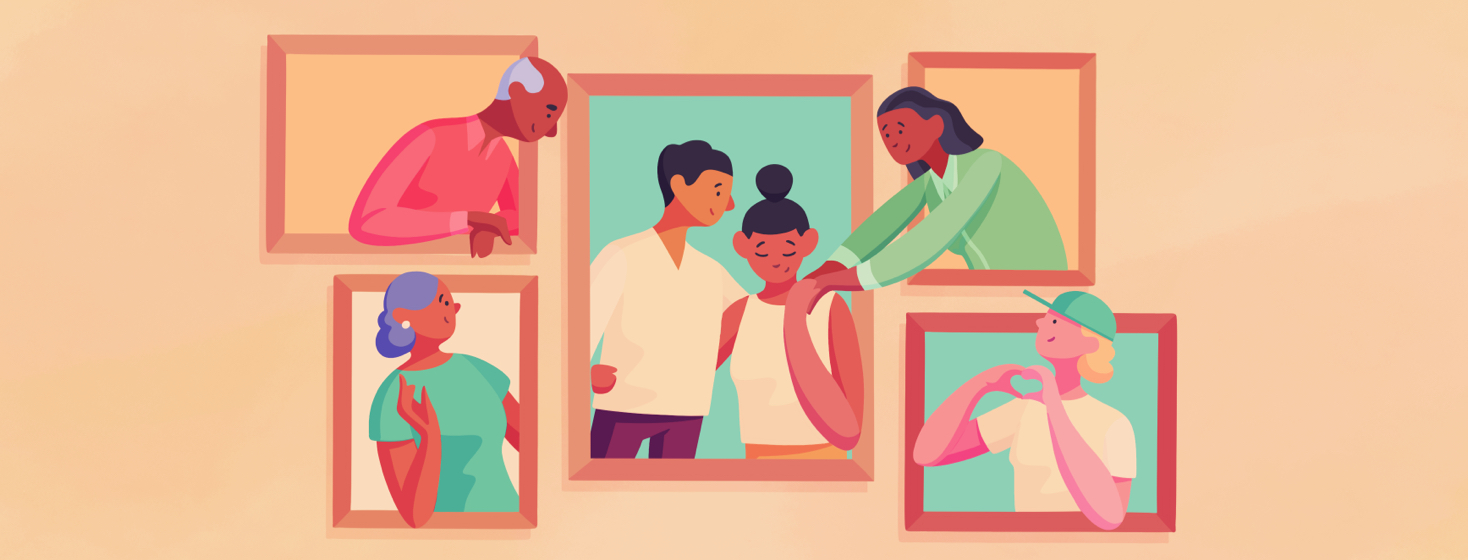Let's Re-Think How to Talk to Lung Cancer Patients
I read many articles about how to talk to lung cancer patients. After 7.5 years of having lung cancer, I thought I was experienced enough about the topic. Or is it so?
There are no unique answers on how to talk to lung cancer patients. Every person is different, and everybody’s needs differ. However, if your non-cancer friends say anything wrong, it’s pretty annoying. So what can they say to make the caring point come through so that cancer patients are less annoyed?
An unpleasant experience at the gym
I've been regularly going to the gym for about four years, quietly walking on the track, riding a stationary bicycle, listening to my music, and “daydreaming.” I like the quiet atmosphere and not being disturbed.
However, last week, a lady similar to my age came to talk to me and volunteered to walk with me on the track. She came to my gym not long ago and maybe needed some friends. So we walked together.
Unsolicited advice
She first asked me whether I had a stroke. It seems evident from my gait, and I walk with a post. So I told her that I had lung cancer metastatic to my brain, and my motion control center was affected. I also told her that it had been 7.5 years since I was diagnosed, and my lung cancer had been under control.
She was shocked. Right away, she started to educate me, telling me things such as "don't be afraid," "there are many treatments available," and "cancer will be curable because science developed fast." Also, she tried to teach me how to exercise my arm and leg.
It was my turn to be shocked and speechless… I was not mad at her, but I was very annoyed.
Being silent: A common way to (not) talk to lung cancer patients
Before I got lung cancer, I didn’t know how to talk to my friends or colleagues who were gravely ill. The last thing I wanted to do was keep quiet as if I didn’t care. So maybe the lady was just like me, before I had cancer.
Saying "I'm sorry"
It took me a while to get used to saying, “I’m sorry,” when I was told my friends were sick. In China, we don’t do lip service by saying, “i’m sorry,” or “pardon me.” It’s a big deal in my culture if you say, “I’m sorry.” You will rectify what you are sorry for. So for a long time, I didn’t feel comfortable saying sorry.
Finally, I figured out that the best way to speak to lung cancer patients and caregivers is to say nothing. Be silent and just listen to my cancer friends vent. This was later felt like a “universal” acceptable way to talk to lung cancer patients.
It’s not easy to talk to lung cancer patients, period!
Why is it so hard to accept silence?
When I was just diagnosed, a friend who had cancer several years before came to visit me. I was a little bit happy. I wanted to talk to her about cancer and learn from her experiences. I also expected her to say something encouraging. However, she sat quietly with me.
I was surprised. Why was she so quiet? If I needed, I could sit facing the wall myself. “Talk to your doctor” was another phrase my friend used whenever I asked her questions. My friend still didn’t say virtually anything. I felt very uncomfortable and hoped she could leave soon.
Getting used to seeing a friend's silence as space to vent
Later, I understood she was doing everything right to cancer patients. She was quietly waiting for me to vent. “Talk to your doctor” is another phrase often used when patient advocates or doctors answer patients’ questions, and it’s an essential phrase.
My friend seemed to do everything correctly, but I felt so artificial and uncomfortable that I never wanted this friend or others to talk to me.
Talking to a lung cancer patient: seeing it from both sides
I often hear lung cancer patients complain about non-cancer friends stopping talking to them after their diagnoses or treatments. Meanwhile, they also complain about non-cancer friends saying the wrong things and annoying them. I would probably stop talking to lung cancer patients if I were a healthy person. It’s hard.
What would I do?
Since I have been a lung cancer patient for 7.5 years, I know the two sides of the story. I would tell my lung cancer friend to “tough up.” New friends are waiting for you around the corner.
For those non-cancer friends, you will understand what true friendship means to (lung) cancer patients one day because every one in two Americans and Canadians will suffer with cancer in adulthood 1.

Join the conversation